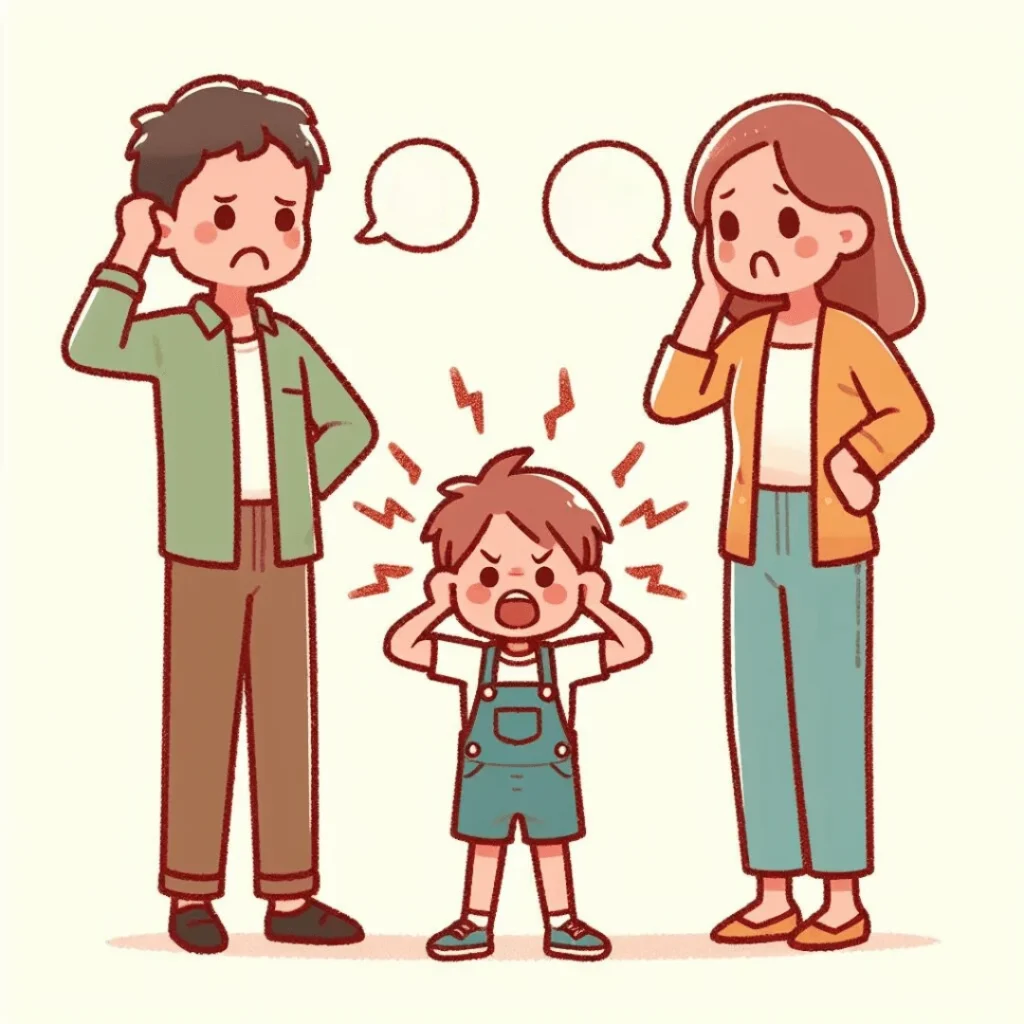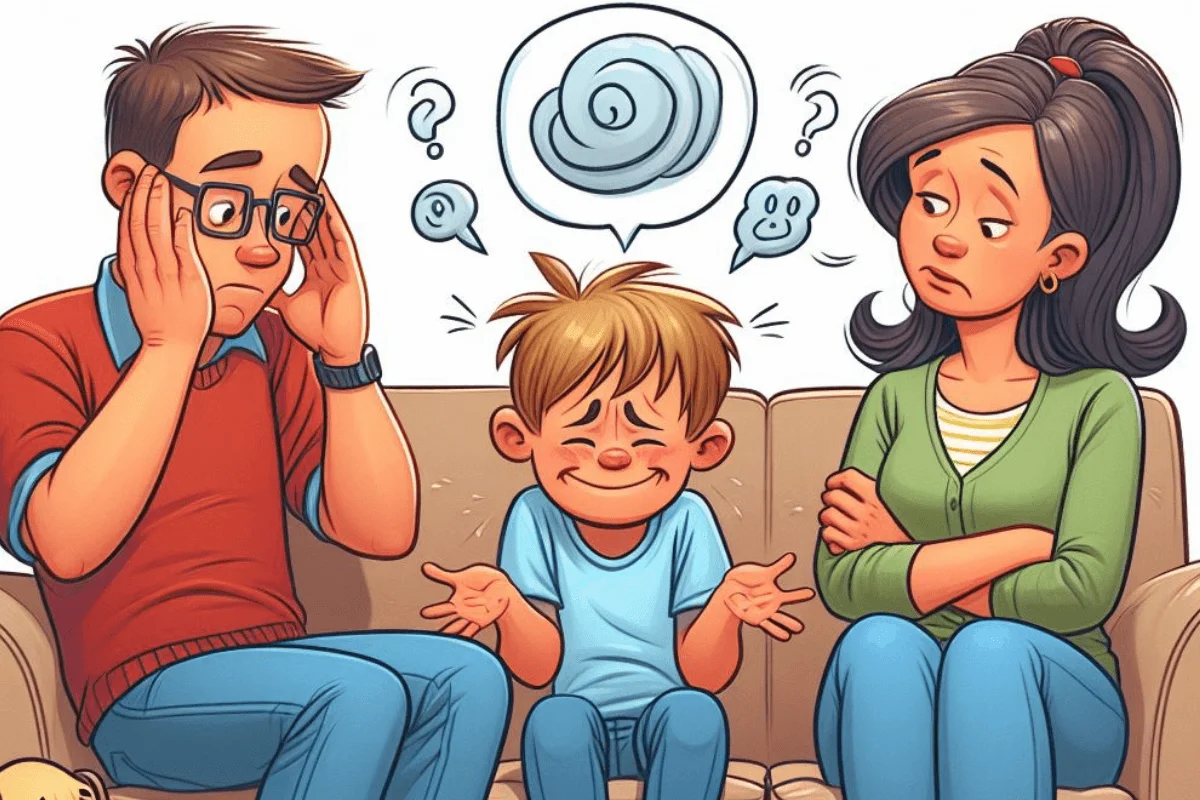A child is like a blank page on which anything can be written. The parents are the penholders. What they choose to write on these blank pages in the early years, leaves an imprint for life. This analogy should be enough to make you understand how serious this phenomenon of parenting is. But still, there are some common parenting practices you may be committing that are limiting your child’s potential.
I don’t believe any parent would willingly cast a negative shadow on his child’s development. But being humans, they can make mistakes. Sometimes things being done in good faith can have adverse effects too. There are some common parenting practices we do as parents without realizing that they are limiting our child’s potential. Here, I am providing a list of 8 such practices. The trick is to overcome them and move on towards becoming a more effective parent.
We try to Overprotect our Kids
The primary responsibility of parents is to shield their kids and prepare them for the unknown. I get it. But, in reality, we are often overprotecting them without realizing that this can limit their potential and free spirit. For healthy development, every kid requires some space for himself. They should be allowed to look at the world from their perspective.
Overprotection can lead to diminished problem-solving abilities. If your child has spent his childhood under your wholesome cover, his potential to take risks in the real world will be negligible. We all know the adverse consequences this will produce. The best thing you can do as a parent is to find that perfect balance between guidance and independence. Give him that independence in front of your eyes so that you can hold him when he tumbles.
Excessive Criticism is Killing Our Kids

Parents want their kids to be perfect. What they choose to forget is that we do not live in a perfect world. Every child is born with a unique potential in something. It is very often that this doesn’t align well with whatever parents want for them. So, when the kid doesn’t perform that well, the result is criticism. Even if they align, parents tend to criticize without realizing this is doing more harm than good.
Excessive criticism kills the self-esteem of children. If they continuously hear the rant about their incompetency, they will lose the will to perform well. Nothing can be more damaging to their motivation. What the parents should do instead is to offer constructive feedback. Try to highlight their wrongs in a friendly way and push them towards doing better. You will have to be patient about the results, but you won’t be disappointed.
Comparing Siblings
This is another common mistake parents make. Sometimes without realizing it. Sometimes they think comparing will help create a sense of competition in a healthy way. But the result is often disappointing. Sibling rivalry and resentment are real issues and are directly related to sibling comparison by parents. Valuing one kid over others, even if to get others to perform better, is not recommendable.
Every parent must understand that each kid has his unique abilities. Hence, he will have his strengths and weaknesses. Naturally, the achievements will also be unique. You can not set the same goals for all your kids and then judge them by your standards. Criticism is often followed for the one not coming up to the mark. What the parents should do instead is to recognize each kid’s potential and push them towards improvement without invoking any competition or jealousy among siblings.
Overemphasizing Achievement

In most households, the only thing that is talked about is achievement. From the early stage, children are taught that success is all that matters. Parents want to see their kids ahead of all others in every field of life whether academic or sports. Along the way, children get seriously damaged under the pressure to succeed. Various studies have proven that this continuous state of pressure is detrimental to children’s cognitive development.
Failure is a reality. By overemphasizing achievement and ignoring failure, such parents make their children incapable of handling failure. Parents should go for the approach where failure is treated as just a step along the way. Make your kids learn from their failures. Value their efforts to give them confidence. Make them understand, as Churchill said that failure is not permanent, it’s the ability to continue that count.
Dismissing Emotions
Very few parents work on their children’s emotional intelligence. In today’s fast-paced world, success is a blend of attributes. If your kids are not emotionally intelligent, they won’t be able to develop the required social skills.
Parents must not encourage their children to suppress their emotions nor should they invalidate their feelings. Their goal should be to teach them emotional regulation. An understanding of emotions along with a healthy outlet is what parents should be aiming for their kids.
Not Spending Enough Time with them

This is perhaps the most common negative parenting practice. I get that parents are often too busy to put food on the table to make time for their kids. But given the importance of quality time between parents and children, it is necessary to make this time even at the expense of other things. If that’s a priority, you are sure to make time for your kids. Even spending an hour or two with your kids is sometimes enough.
This is the only way to develop a personal connection with your kids. You will truly understand them. The role of attention on your kid’s development is often the key.
We do not Listen to them

Be honest and ask yourself, do you truly listen to your kid? Do you ask his opinion on things? Do you listen to his version of events? Do you give him time to explain himself? Do you ask him how was his day? If not, then you are missing something very important.
Children have a lot to say if you try to listen. You can get a whole idea of their world just by listening to them for a while. What we as parents do instead is to pass on what we want to say. Have a meaningful interaction with your kids once in a while. Ask them what they did at school. This will give them confidence that you are truly interested in what they think. Believe me, once you start listening, you will know that they are so much more than they seem on the surface.
We Do Not Lead by Example
As Freud has explained, children imitate their elders in everyday life. They look for role models to follow. Parents constitute the biggest portion of their life so they are naturally inclined to follow them. What parents say is almost always more important than what they do.
If you are an empathetic person yourself but teach your kid empathy, he will never learn it. Instead, try empathy yourself and he will follow it. The same goes for stressful situations. Practice conflict resolution with your nerves under control. And your kid will learn to not panic.
These are some of the parenting blunders I have learned by experience. They may seem small but have a huge impact on our children’s healthy development. Try taking out these common parenting practices from your life, and you will be amazed at the results.

